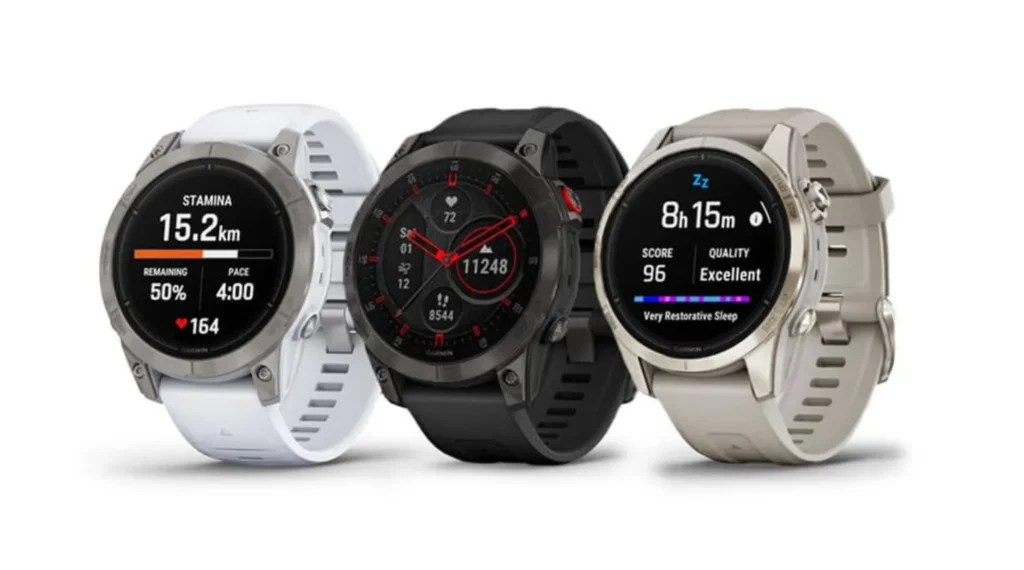Vermont’s Montpelier The Department of Environmental Conservation (DEC) asks the public to report when Vermont’s lakes and ponds shed their ice cover as residents eagerly await springtime temperatures. This date, which is often referred to as the “ice-out date,” indicates when lakes or ponds lose their ice from shore to shore. Scientists from the DEC use ice-out dates to assist them schedule the start of seasonal water quality sampling.
Commissioner Jason Batch elder of the DEC stated, “Vermonters can help us better understand how climate change impacts our lakes and ponds by reporting ice-out dates.” “Our scientists can learn about and track statewide and regional climate trends by using long-term records of lake ice.”
Lakes that are covered in ice experience temperature- and density-based layering of the water underneath. The heavy cold water lowers and the water column fully mixes in the spring when the surface ice melts completely. The baseline quantity of phosphorus that a lake will have available to support the growth of algae and aquatic plants in the spring and summer is revealed by water samples taken during this mixing period.
“We have been gathering data on the spring water quality of lakes bigger than 10 acres since 1977,” says DEC and Lake Champlain Sea Grant limnologist Mark Mitchell. “We have observed patterns of earlier lake ice-out dates throughout Vermont and New England over those 47 years, which may be an indication of climate change.”
The online reporting form provided by the DEC can be used to report observations of lake ice.
Around the state, a lot of lake villages also have ice-out competitions. These typically take the form of raffles, with cash or prizes awarded to the victors. Lake Memphremagog, Lake Iroquois in Hinesburg, and Joe’s Pond in Danville are some of the most well-known and established locations for ice-out competitions. Lake groups and municipalities may use these competitions as a fun method to get people interested in observing lakes and ponds all year long.
Also Read:
Jeff Halperin – A Journey Into Sustainable Living
See the Vermont Lake Score Card for details on spring water quality. Visit the DEC Lakes and Ponds Program for further details.


